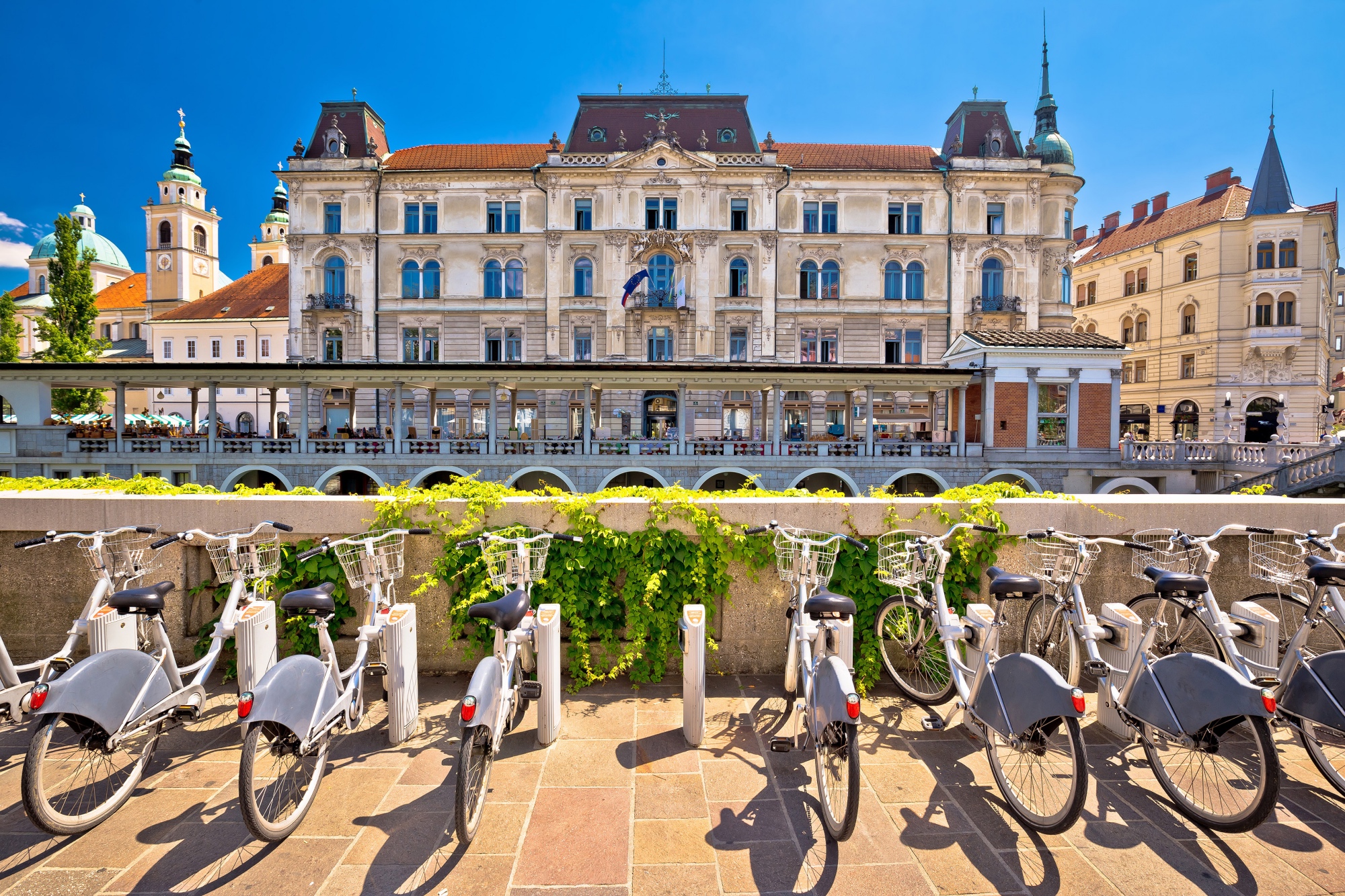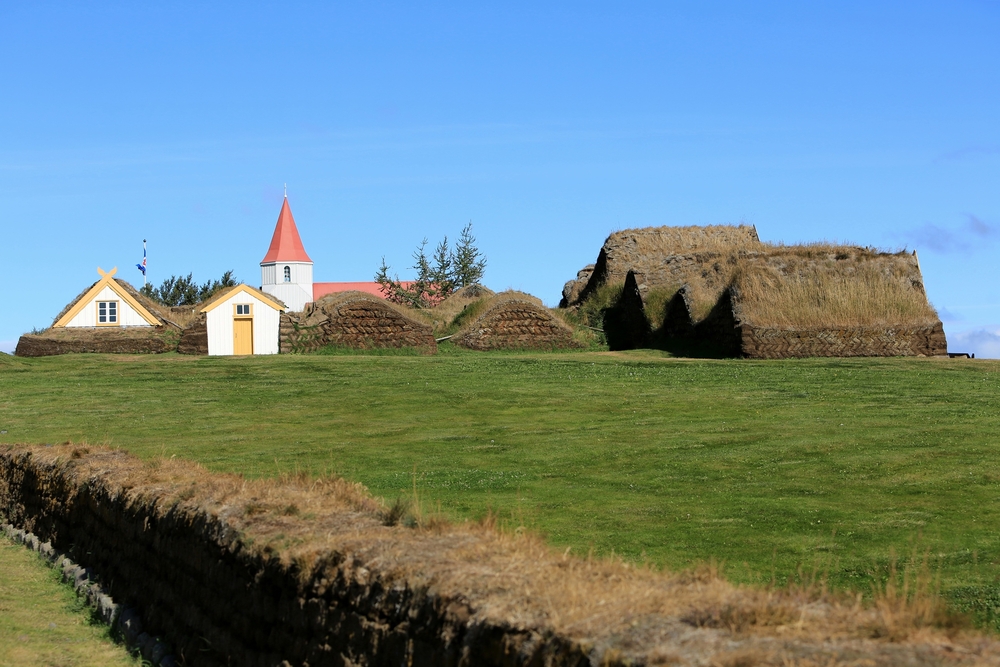The UN World Tourism Organisation (UNWTO) has designated 2017 as the International Year of Sustainable Tourism.
The International Year will promote tourism’s role in the following five key areas:
(1) Inclusive and sustainable economic growth;
(2) Social inclusiveness, employment and poverty reduction;
(3) Resource efficiency, environmental protection and climate change;
(4) Cultural values, diversity and heritage;
(5) Mutual understanding, peace and security.

According to the UNWTO 2015 annual report, one billion tourists made international trips in 2015, accounting for 10% of the world’s GDP. Tourism has the potential to create employment, contribute to local development, and introduce people to different cultures. However, the benefits of tourism are not always felt by local communities and it can come at a cost to the natural environment.
Sustainable tourism, on the other hand, is committed to benefitting local people, protecting cultural heritage and limiting the impact on the natural environment.
Here are few examples of sustainable tourism around Europe:
Slovenia
From being a city which was previously dominated by car transport, Ljubljana’s focus is now on public transport and on pedestrian and cycling networks. Progress has also been made in preserving and protecting the green areas which characterise the city
Iceland
The Skagafjordur Food Chest project, a winner of the European Destination of Excellence Award (EDEN) for 2015, shows how sustainable tourism promotes local businesses and culture. Local food producers teamed up with tourism entrepreneurs to showcase traditional food to visitors, giving a boost to their economy and celebrating their local heritage.

Portugal
The municipality of Torres Vedras is another winner of European Green Award – this time in 2015, demonstrates how to develop tourism while protecting the natural environment. Torres Vedras’ main objectives regarding biodiversity and land use are the reduction of biodiversity loss and the decrease of unsustainable use of natural resources.
